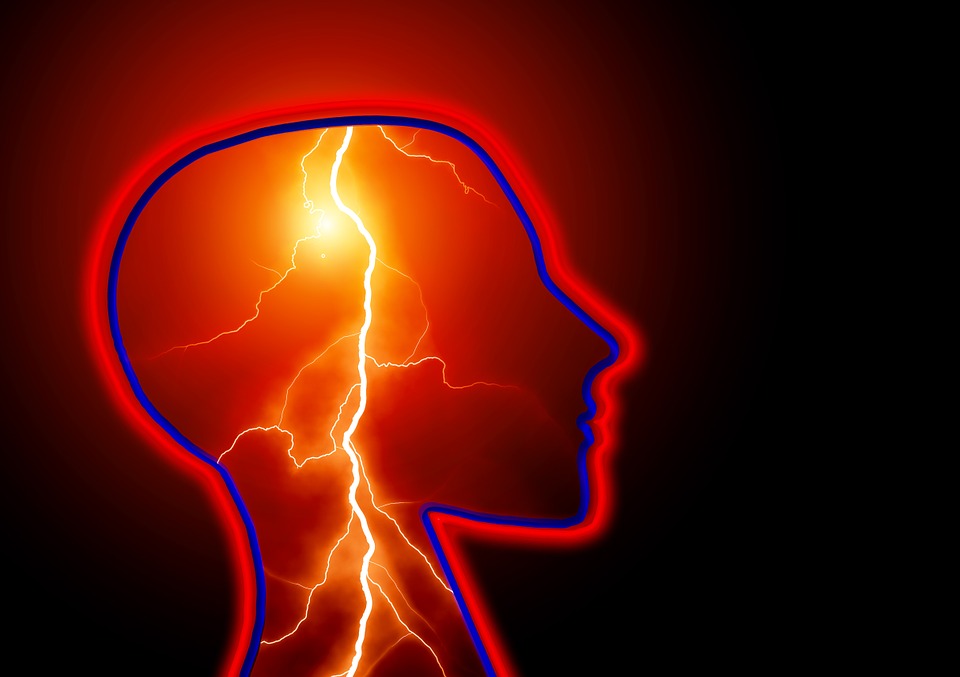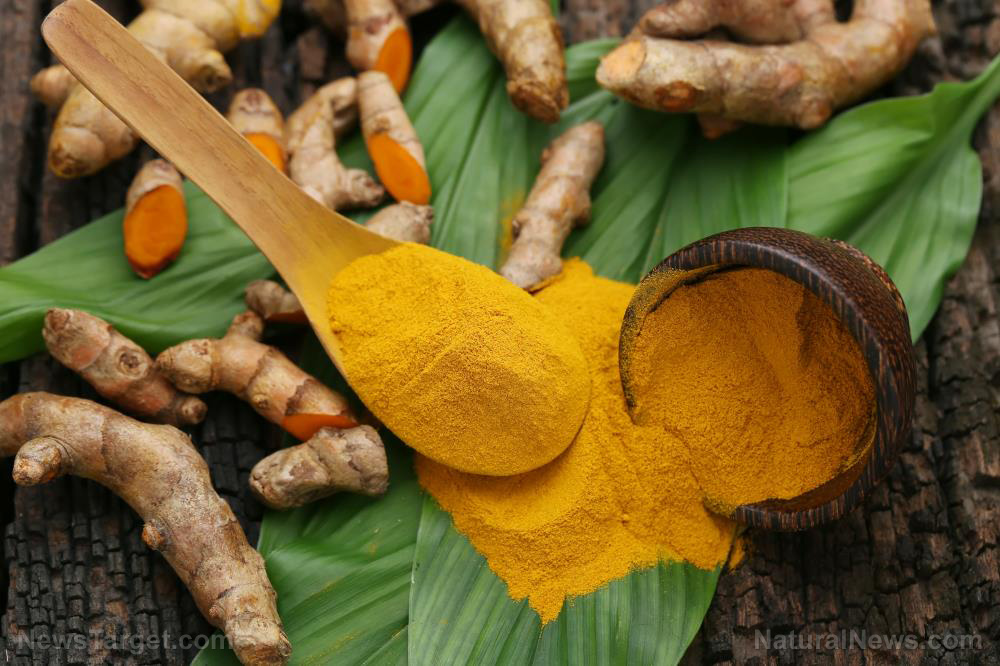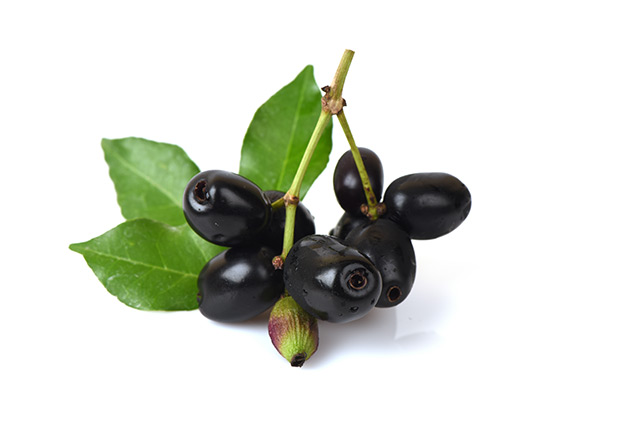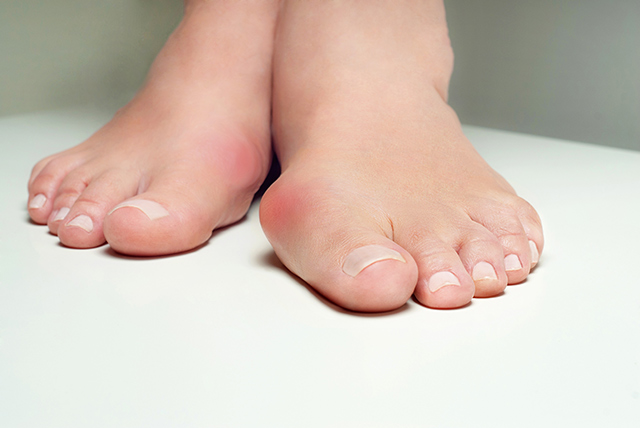Study finds that common verbena treats convulsions better than conventional drugs
10/22/2018 / By Ellaine Castillo

The sudden, unprovoked seizures experienced by epileptic patients can put them in situations that endanger their well-being. To prevent seizures, epileptic patients are prescribed with anticonvulsant drugs. Unfortunately, these drugs are associated with adverse side effects like toxicity and congenital mutations. Natural products are now being studied for their potential in treating convulsions. A group of researchers from Tehran University of Medical Sciences, Islamic Azad University, and Iran University of Medical Sciences showed that the common verbena (Verbena officinalis) is a potential treatment for seizures.
Epilepsy is a neurological disorder that affects more than 50 million people around the world. Patients with epilepsy exhibit abnormal brain activity. This could come in the form of sudden bursts of electrical discharge in the brain cells or seizures. During a seizure, an epileptic patient experiences a temporary loss of awareness, sensation, mood and cognitive functions, putting them at risk of bruising, falling, drowning, and other accidents. This is why it’s important for patients to receive proper treatment for preventing seizures. However, commercially available anticonvulsant drugs for epileptic patients are not that great. Aside from causing harmful side effects, anticonvulsant drugs are also ineffective 30 percent of the time.
Natural products are now being considered for potential epilepsy treatments since these are more likely to have a lower toxicity, and they could also possess mechanisms of action that have not been observed before. One of the plants considered for potential use in epilepsy treatment is the common verbena. This plant has been used in traditional medicine for hundreds of years because it exhibits relaxant, gastroprotective, anti-inflammatory, and antidepressant activity. Previous studies have also revealed that the common verbena can be used to treat anxiety, insomnia, and nervous irritability. The observation that the common verbena was effective against these diseases opened the possibility that the plant could also be used to treat seizures.
The power of the elements: Discover Colloidal Silver Mouthwash with quality, natural ingredients like Sangre de Drago sap, black walnut hulls, menthol crystals and more. Zero artificial sweeteners, colors or alcohol. Learn more at the Health Ranger Store and help support this news site.
In this study, which was published in the Journal of Evidence-Based Integrative Medicine, the researchers evaluated the anticonvulsant activity of the aerial parts of the common verbena in mice. These mice were induced to have seizures through pentylenetetrazole exposure or maximal electroshock. It was observed that treatment with common verbena extracts significantly reduced the duration of the seizure. Additionally, the extracts delayed the onset of the seizure.
The researchers were able to predict a potential mechanism of action for the anticonvulsant activity of common verbena based on the tests they conducted. They hypothesized that the common verbena worked by activating receptors that increase available gamma-aminobutyric acid (GABA). GABA is an inhibitory neurotransmitter that’s responsible for keeping neuronal excitation in check. This is important for preventing seizures since too much excitation might cause seizures to occur.
Researchers also determined the phytochemicals present in the extracts, as well as its toxicity. Results of these tests revealed that alkaloids and glycosides were present in the extracts. Previous studies have shown that the alkaloids piperine and berberine have anticonvulsant activity, which could mean that the currently unidentified alkaloids in the extracts might also be responsible for the plant’s anticonvulsant activity. In addition to this, the researchers observed that the extracts were not toxic to the mice.
From these results, it can be determined that the common verbena has anticonvulsant activity, which can be attributed to the presence of alkaloids and glycosides in the extracts. The underlying mechanism behind the common verbena’s anticonvulsant activity involves an increase in GABA levels. With further studies, the common verbena can be used instead of conventional anticonvulsant drugs, which have harmful side effects (Related: Epilepsy, migraine drug linked to 2000 percent increase in birth defects.)
Potential triggers for seizure episodes
To avoid seizures, it is important to know what the potential triggers for it are. Common seizure triggers include the following:
- Sleep deprivation
- Alcohol consumption
- Stress
- Hormonal changes
- Low blood sugar level
- Medications
- Caffeine intake
- Flashing lights
Learn natural ways to treat convulsions by following Healing.news today.
Sources include:
Tagged Under: anticonvulsant, common verbena, Convulsions, Epilepsy, epileptic seizures, GABA, herbal remedies, herbal remedy, Herbs, natural medicine, natural remedies, neurological condition, seizures, Verbena officinalis



















